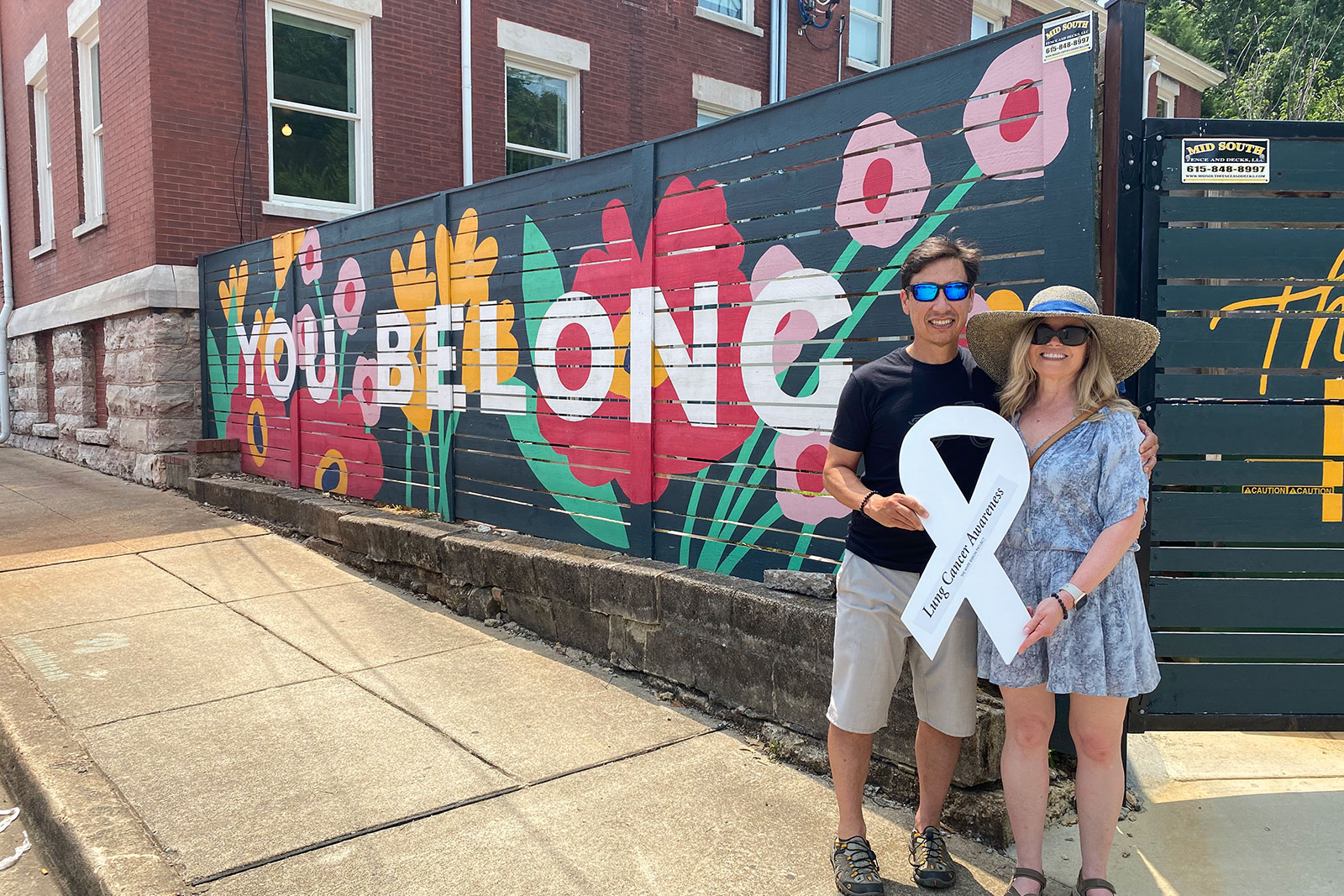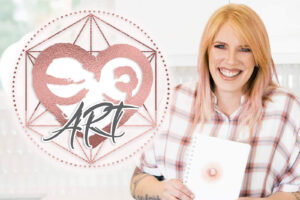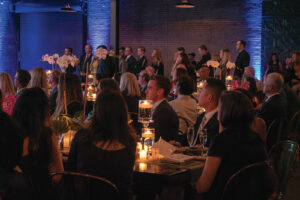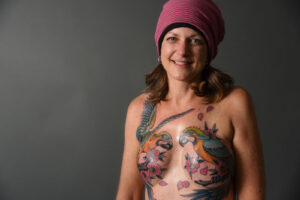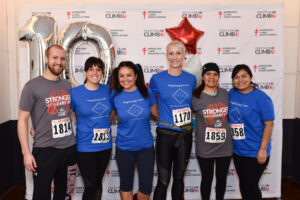What led to your diagnosis?
Heidi: I wasn’t experiencing any respiratory symptoms. I did have a twinge on my lower left side, which reminded me of ovarian cysts I’d had. I thought I should have it checked. What came back was a total shock to us. I had lung cancer and it was grim. Our heads were spinning but when we met with the oncologist, we were given so much more hope. He had told us about immunotherapy FDA approved just one month prior to my diagnosis. I responded well to it after chemoradiation. No cancer treatments at all now since January 2020, and as of my last scan in May 2021 there’s no evidence of disease.
Why do you believe your diagnosis is part of a public health failure?
Heidi: I have a background in health education but I didn’t know that anyone was able to get lung cancer. What we learned through the media and public health messaging was that the only way somebody was at risk for lung cancer was if they had a history of smoking. I’ve never touched a cigarette.
Dr. Pierre: Of the population that’s eligible for lung cancer screening, only about 10 percent get it in the United States. Let’s increase the cancer screening rates. That’s going to demand a partnership between advocates, physicians, public health officials, the media. It’s important. That’s what contributed to improving cancer screening rates for breast cancer, colon cancer, prostate cancer—we could do the same.
Heidi: The awareness that has been out there is preventative—so, ‘Don’t smoke and this won’t happen to you.’ But that’s not true. I started meeting more and more people through the White Ribbon Project—we’re talking people in their early 30s who were athletes who have advanced stage lung cancer because no one thinks to screen them or even make them aware of the possibility.
Can you describe the moment you decided to make and hang your first white ribbon?

You received a devastating and shocking diagnosis. Now it’s blossomed into this sense of community and opportunity for real change. How has seeing that growth felt?
Heidi: I get a bit emotional. It’s incredible to see how this has spread and how people feel this confidence and are finding community. I felt very alone at the beginning. It feels so good that others like me have a voice and understand that they don’t have to hide—in fact, it’s the opposite. Their stories and voices are so important. These are real people who are human beings who are suffering and have been made to deal with a decades-long campaign that we shouldn’t show ourselves, that this is a death sentence. The outlook for lung cancer has been so dismal for so many years that efforts or survivorship skills have just not been explored but now it’s like, ‘We’re surviving. So help us. Give this cancer attention that is long overdue.’
For more information on The White Ribbon Project, visit thewhiteribbonproject.org.

